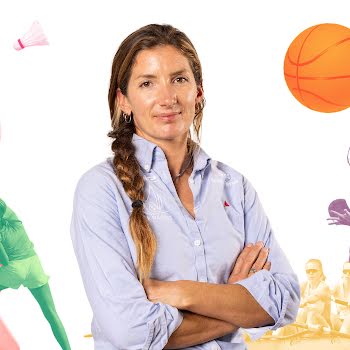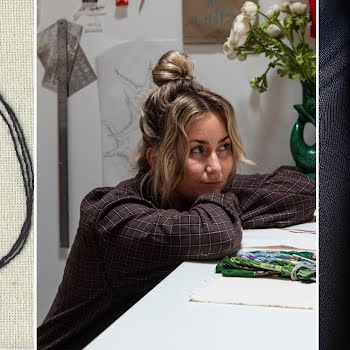
Every child is unique. But when it comes to the natural differences between genders, should we alter how we parent? Amanda Cassidy explores the nature versus nurture debate.
To define ourselves by our gender has become somewhat taboo. Some choose to step outside of their gender label, some change it, and the world is increasingly moving towards viewing humans as people rather than as a specific gender. But whether you want to be defined by your gender or not, the debate has moved to how we raise our children.
Experts agree that the best parenting methods combine nature and nurture, raising them in an equally nurturing environment. Boys and girls need to be shown the same values, empathy, respect, confidence, compassion, independence. Consequences should be the same for both genders when it comes to physical aggression, and new ways to problem-solve should be emphasised for both girls and boys. On this, we can all agree.
Gender divide
But boys and girls are naturally different in several ways. The question is, is this inherent, or is it as a consequence of how we treat them as they grow?
Author Steve Biddulph wrote two separate books on raising children — one on raising boys and the other on raising girls. Both sold over a million copies. In each, Biddulph outlines why and when we should raise them in a different way based on gender.
“Babies are babies. Whether they are a boy or a girl is not a concern to them and needn’t be to us, either. Babies love to be cuddled, to play, to be tickled and to giggle, to explore and to be swooshed about.”
But, he explains, some gender differences begin to appear early on. “Boy babies are less aware of faces. Girl babies have a much better sense of touch. The retinas in the back of boy’s eyes are differently made so they see more movement, and less colour and texture. Boys grow faster and stronger, yet are more troubled by separations from their mother.
“At preschool, boys tend to ignore a new child who arrives in the group while girls will befriend him or her. And sadly, adults tend to treat boys more harshly: Studies have shown that parents hug and cuddle girl children far more, even as newborn babies. They tend to talk less to boy babies.”
Physical differences are undeniable — baby boys have higher levels of testosterone than girls and lower levels of serotonin, which causes them to be more easily stressed and harder to calm down. Infant girls, on the other hand, show a greater tendency to comfort themselves by sucking their thumbs. Higher levels of testosterone are also responsible for boys’ typically more “aggressive” or “hyper” behaviour.
Using functional magnetic resonance imagery, researchers have watched how various parts of the brain light up when girls and boys speak, do puzzles, or encounter distractions.
Same same but different
So do you ignore this and plough on parenting indifferently, or take these differences into consideration in the way we parent? Tailoring how we treat our children has indisputably caused problems in the past, but perhaps with a more informed technique, we can push past the stereotypes that have been allowed to fester.
Dr Wendy Mogel outlined her strategies that offer a nod to the differences between boy children and girl children while avoiding the gender traps parents have fallen into before. “We know that girls develop language skills earlier than boys.
This is because the corpus callosum, the nerve tissue connecting the two hemispheres of the brain, is thicker in girls’ brains, which facilitates communication. But don’t mistake your daughter’s impressive verbal sophistication for emotional maturity. As they grow older, it is actually strategically better to give her the last word in a discussion to prevent escalation and let her save face.”
Because boys’ brains secrete less serotonin than girls, it makes them more likely to act on impulse. Dr Mogel suggests seeing your conversations as shooting hoops. “You say a little something, then another little something, and sometimes it goes through and you get a basket”.
Tweaking our responses based on gender can be of real benefit to children.
Nurture
I’ve two girls and a boy. I can see how I parent them differently — I need to.
In fact, I parent them all differently based on their personalities. I celebrate their differences and adjust my own reactions accordingly.
Lumping things all together might sometimes give the appearance of equality, but there are also times that drilling down into what makes people who they are — whether that is a reflection of their gender, their values or their physiology — shouldn’t be so easily dismissed.
Image via Unsplash.com
This article was originally published in December 2021.























